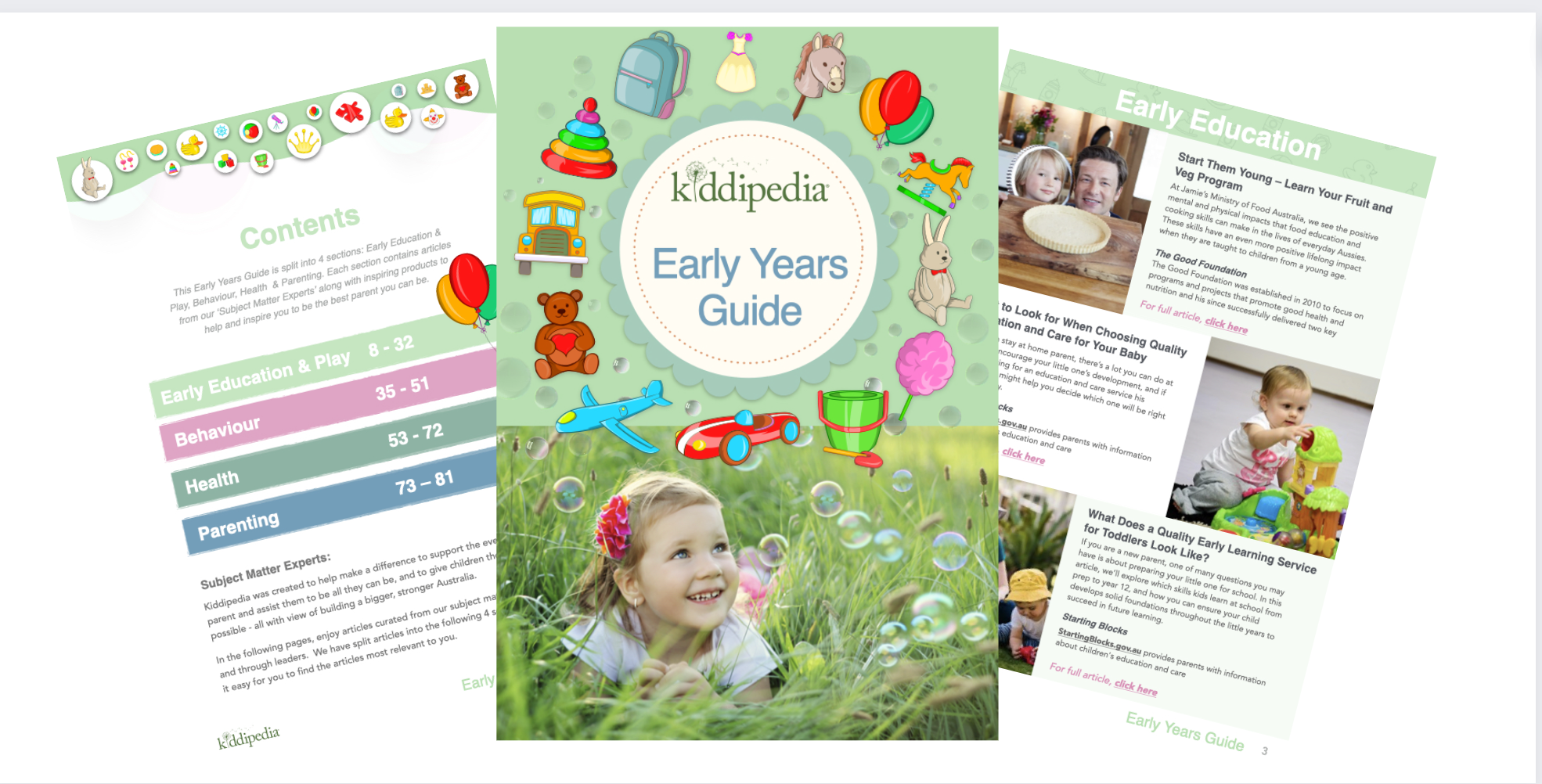Having a child with a hearing aid can bring unique challenges, especially when it comes to their emotional well-being. It’s essential for parents to address their child’s anxiety and insecurity surrounding their hearing aid to ensure their overall development and self-esteem. Children may experience a range of emotions, such as embarrassment, self-consciousness, or a fear of being different from their peers. These feelings can have a significant impact on their social interactions, academic performance, and overall happiness.
Recognizing and empathizing with your child’s emotions is crucial in helping them navigate these challenges. Open and honest communication is the first step toward understanding their fears and concerns. By creating a safe and supportive environment at home and school, parents can foster a sense of acceptance and belonging. Additionally, educating your child about their hearing aid and involving them in decision-making processes can empower them and boost their confidence.
Addressing your child’s anxiety and insecurity around their hearing aid requires patience, understanding, and proactive efforts from parents. By adopting strategies to build resilience, encouraging peer support, and engaging with supportive communities, parents can help their children thrive despite their hearing challenges.
Understanding Your Child’s Feelings
It is crucial for parents to have a deep understanding of their child’s emotions and challenges regarding their hearing aid. Children may experience a wide range of feelings, including anxiety, insecurity, frustration, and even sadness. It’s important to create a safe space where they can openly express their concerns and fears without judgment.
By actively listening and engaging in empathic conversations, parents can gain insight into their child’s perspective. This understanding allows parents to address their child’s specific emotional needs and provide the necessary support. Encourage your child to share their experiences, both positive and negative, and validate their feelings.
Parents should also be aware that each child’s journey is unique, and their emotions may evolve over time. Regular check-ins and ongoing conversations help parents stay attuned to any new or changing concerns.
Creating a Supportive Environment
Creating a supportive environment for a child with a hearing aid is crucial for their emotional well-being. This environment extends beyond the home and includes the school, social settings, and other public spaces. By fostering acceptance, understanding, and inclusivity, parents can help their children feel comfortable and confident in using their hearing aid.
One aspect of creating a supportive environment is educating others about hearing aids and their importance. Teachers, classmates, and friends can benefit from learning about hearing loss and how hearing aids help individuals with hearing impairments. This awareness can foster empathy and reduce stigmatization, making it easier for a child to embrace their hearing aid.
In addition to education, it’s important to address any concerns or misconceptions that may arise. Encourage open dialogue and provide accurate information about hearing aids, emphasizing their benefits and how they enhance communication and quality of life.
To further support your child, you can explore resources available to help identify the best hearing aid products on the market. The Miami Herald, for example, recently published an article listing some of the top-rated hearing aids, these products in particular, offer advanced features and technologies that can improve the overall hearing experience for your child.
By creating a supportive environment and staying informed about the latest advancements in hearing aid technology, parents can ensure that their child feels accepted, understood, and confident in their hearing aid use. Together, these efforts contribute to a nurturing atmosphere where children can thrive and overcome any anxiety or insecurity they may have.
Educating Your Child About Their Hearing Aid
Educating your child about their hearing aid is a crucial step in helping them embrace and feel more confident about using it. By providing age-appropriate explanations, parents can empower their child with knowledge and understanding.
Start by discussing the purpose of the hearing aid and how it helps enhance their ability to hear. Use simple and relatable language to explain how the device amplifies sound and assists them in various listening situations. Emphasize that wearing a hearing aid is not a sign of weakness or something to be ashamed of, but rather a tool that supports their communication and participation in daily activities.
To foster a sense of ownership, involve your child in the decision-making process when choosing a hearing aid. Allow them to provide input and express their preferences. This involvement can give them a sense of control and make them feel more comfortable wearing the device.
Encourage your child to ask questions and express any concerns they may have. Be patient and provide reassurance, addressing their fears or anxieties with empathy. By being open and responsive to their needs, parents can create an environment where their child feels comfortable discussing their hearing aid and seeking support when necessary.
By educating your child about their hearing aid and involving them in the decision-making process, you can help them develop a positive attitude towards their device.
Developing Coping Strategies
Helping your child develop coping strategies can empower them to manage anxiety and insecurity surrounding their hearing aid. By teaching them techniques to navigate challenging situations, you can boost their confidence and resilience.
One effective coping strategy is teaching relaxation techniques. Deep breathing exercises, mindfulness, and visualization can help your child calm their mind and reduce anxiety in stressful situations. Encourage them to practice these techniques regularly, both at home and in school, so they become familiar and readily available when needed.
Empower your child to express their feelings and emotions openly. Encourage them to talk about any anxieties or insecurities they may have, and actively listen without judgment. Validate their experiences and emotions, letting them know that it’s natural to feel unsure or worried at times. Offer reassurance and support, and remind them of their strengths and accomplishments.
Building a strong support system is also crucial. Encourage your child to reach out to trusted adults, such as teachers, school counsellors, or support groups, who can provide additional guidance and understanding. Foster friendships and connections with other children who wear hearing aids or have similar experiences. This peer support can be invaluable in helping your child feel less alone and more confident in navigating their hearing challenges.
Finally, celebrate your child’s achievements and milestones. Recognize their efforts in adapting to their hearing aid, overcoming challenges, and embracing their unique qualities. By focusing on their strengths and resilience, you can help them develop a positive self-image and the belief that they can handle any obstacles that come their way.
Conclusion
Addressing your child’s anxiety and insecurity surrounding their hearing aid is crucial for their overall well-being and development. By creating a supportive environment, understanding their feelings, and educating them about their device, parents can help their child embrace their hearing aid with confidence.
Developing coping strategies and engaging with supportive communities further empowers the child to navigate challenges and build resilience. Remember, it’s a journey that requires patience, understanding, and ongoing communication. By providing unwavering support, parents can help their children thrive and overcome any obstacles, ensuring a bright and confident future.









